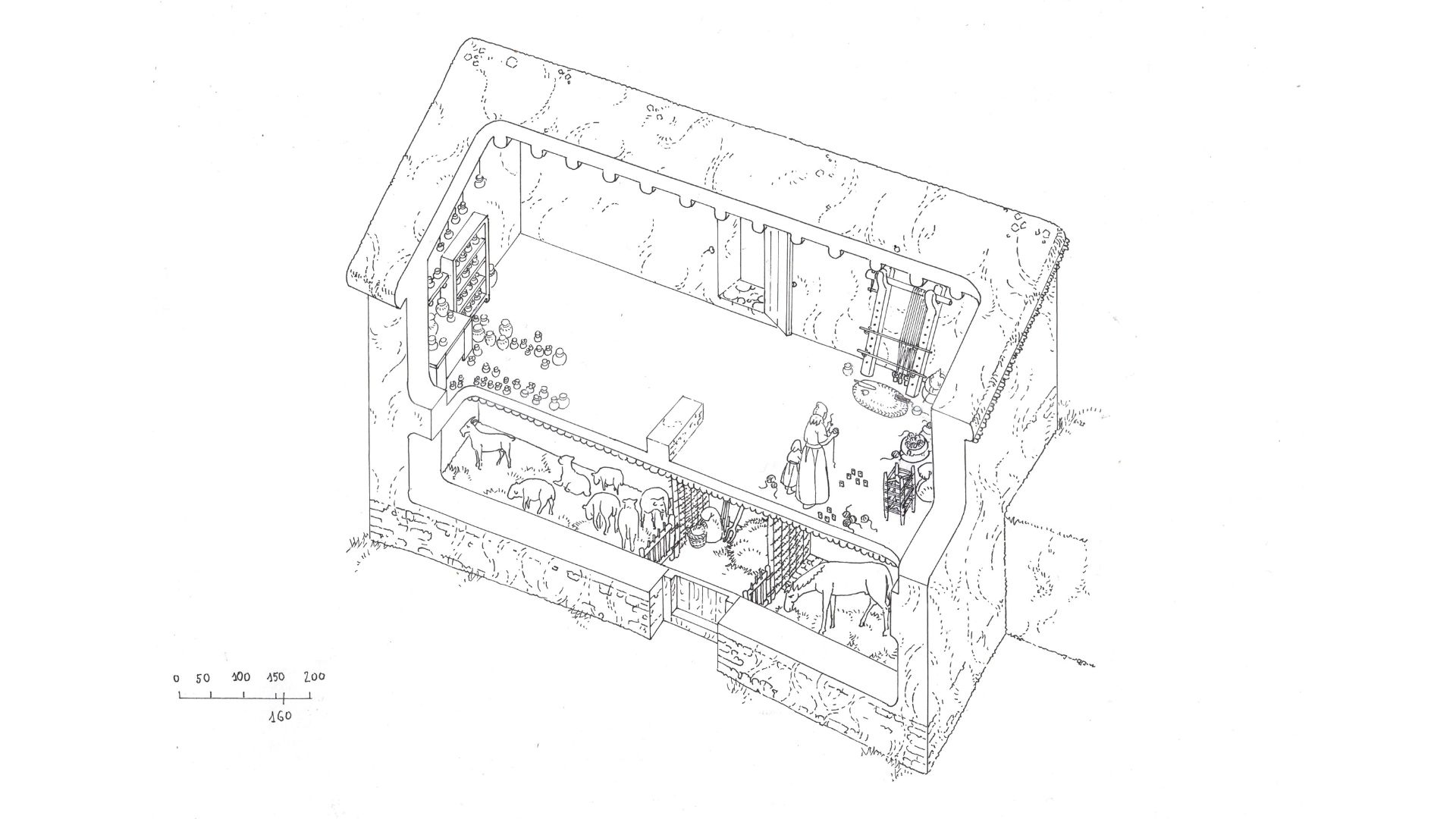Sustainability, Vol. 15, Pages 16348: Multicomponent Adsorption of Pollutants from Wastewater Using Low-Cost Eco-Friendly Iron-Modified Rice Husk Biochar in the Era of Green Chemistry
Sustainability doi: 10.3390/su152316348
Authors: Tibamba Matthew Tichem Youbao Wang Raphael B. H. Gameli Bawa Mbage Li Bing Bing
As pollution escalates, water purification is becoming crucial, with adsorption emerging as an efficient technique. This study aimed to evaluate the effectiveness of iron-modified rice husk biochar as an adsorbent for water pollutants. The biochar was produced at a pyrolysis temperature of 500 °C and modified by FeSO4.7H2O. Diverse adsorbent dosages were introduced to simulated wastewater containing aldrin, mercury (Hg2+), lead (Pb2+), and cadmium (Cd2+). The solution was agitated for 60 min, then filtered, and the samples were sent for analysis. The results were promising; aldrin had a removal efficiency of 100%. The removal efficiency for Hg2+ ranged from 99.80% to 99.96%, for Pb2+ from 88.90% to 99.56%, and for Cd2+ from 78.90% to 99.98%. The Freundlich adsorption isotherm best described the mono- and quaternary component systems, while the Langmuir isotherm was the best fit for the binary system. Therefore, iron-modified rice husk biochar shows potential as a sustainable and efficient adsorbent for wastewater treatment.

 5 months ago
18
5 months ago
18


